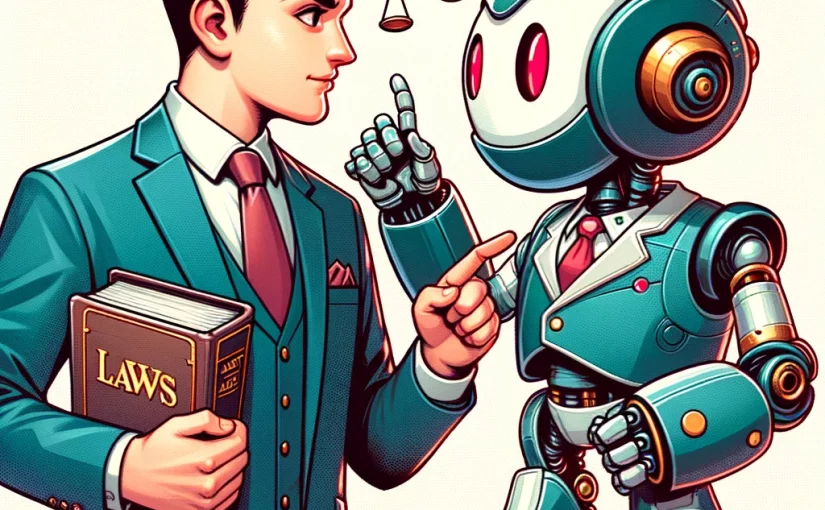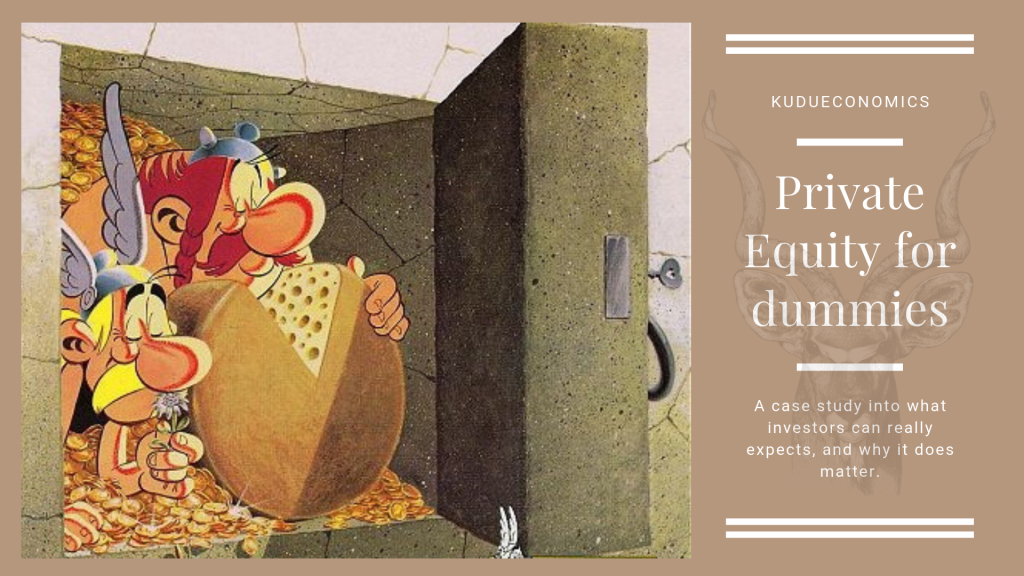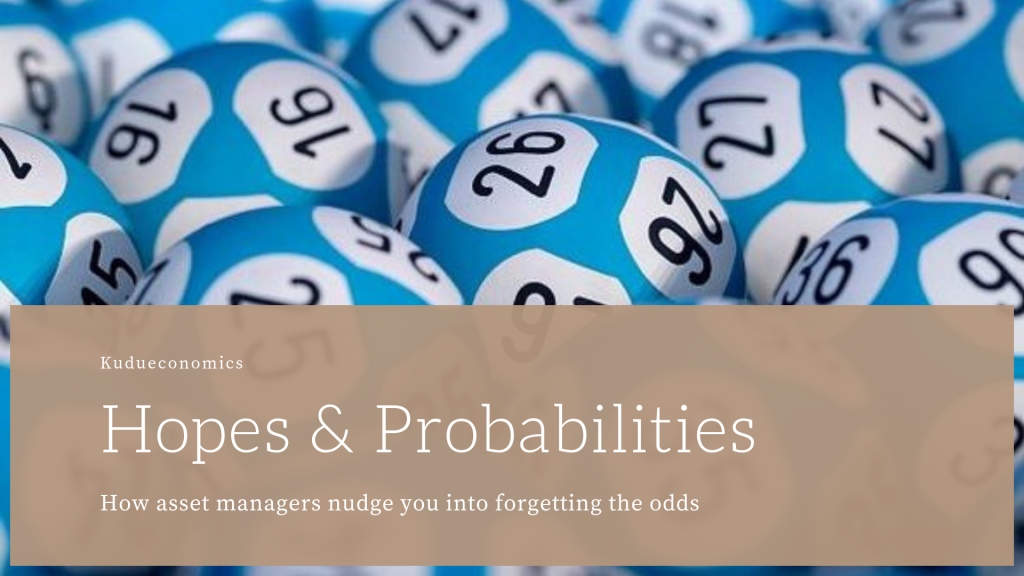Efficient spending is a very important tool of financial success. How can we use it wisely ?
As a financial advisor, prospective clients are expecting me to work on their investments, revenues, taxes… and various “revenue-side” topics. Fine.
What they are not expecting is that I also talk to them about the “spending-side” of personal finance. And I do. A lot.
Because it matters.
Because spending money efficiently can reveal as tricky as correctly earning money. I mean spending the right way, the way that will make us happier. I am by no mean perfect on this, but I can share some tips, that I give to clients, and try to follow.
So how can we spend our way to happiness ?
Highlights
-
Does money bring happiness ?
-
The 6 leverages of happiness we can use.
-
In practice : what should we buy ?










